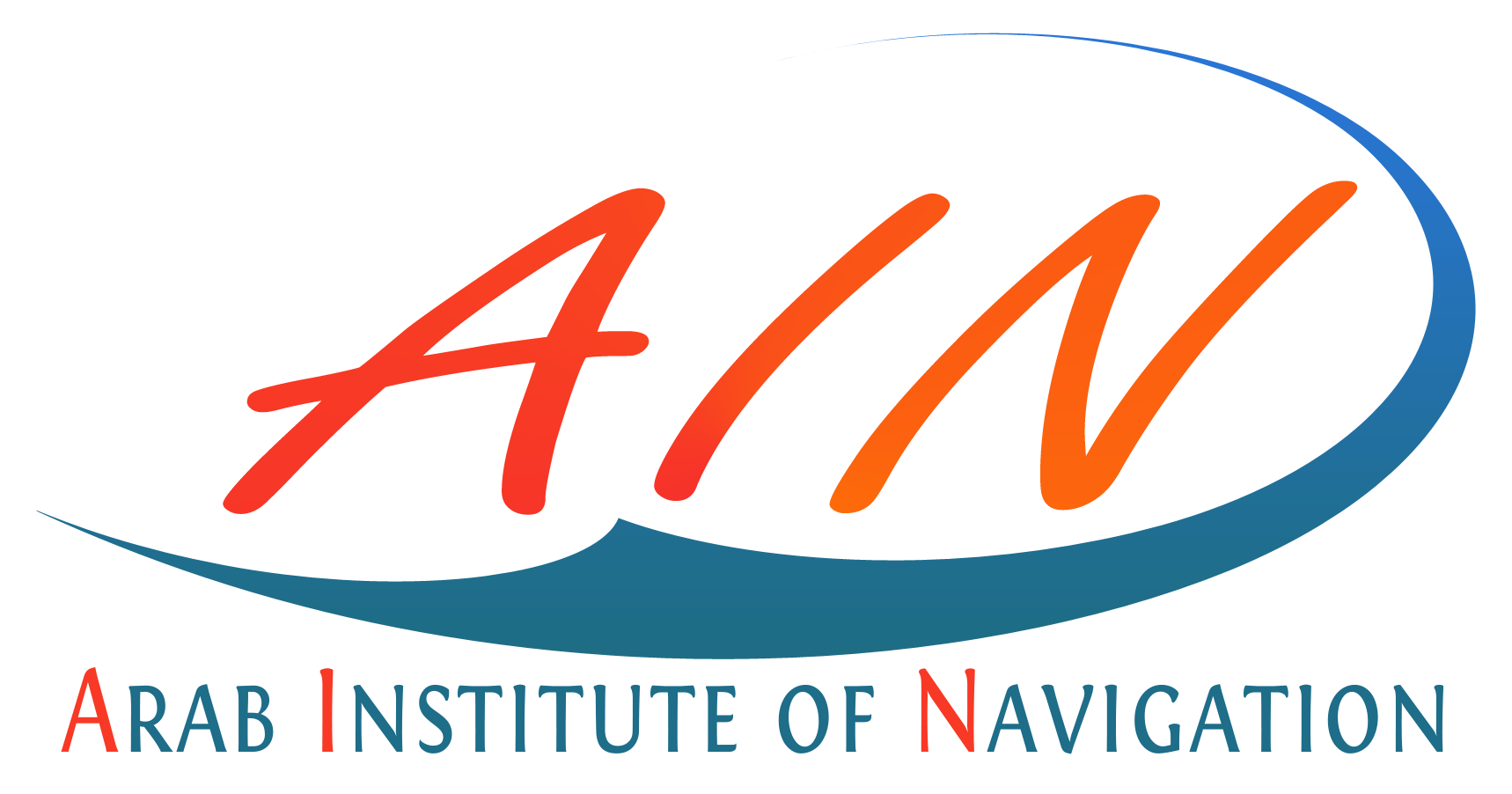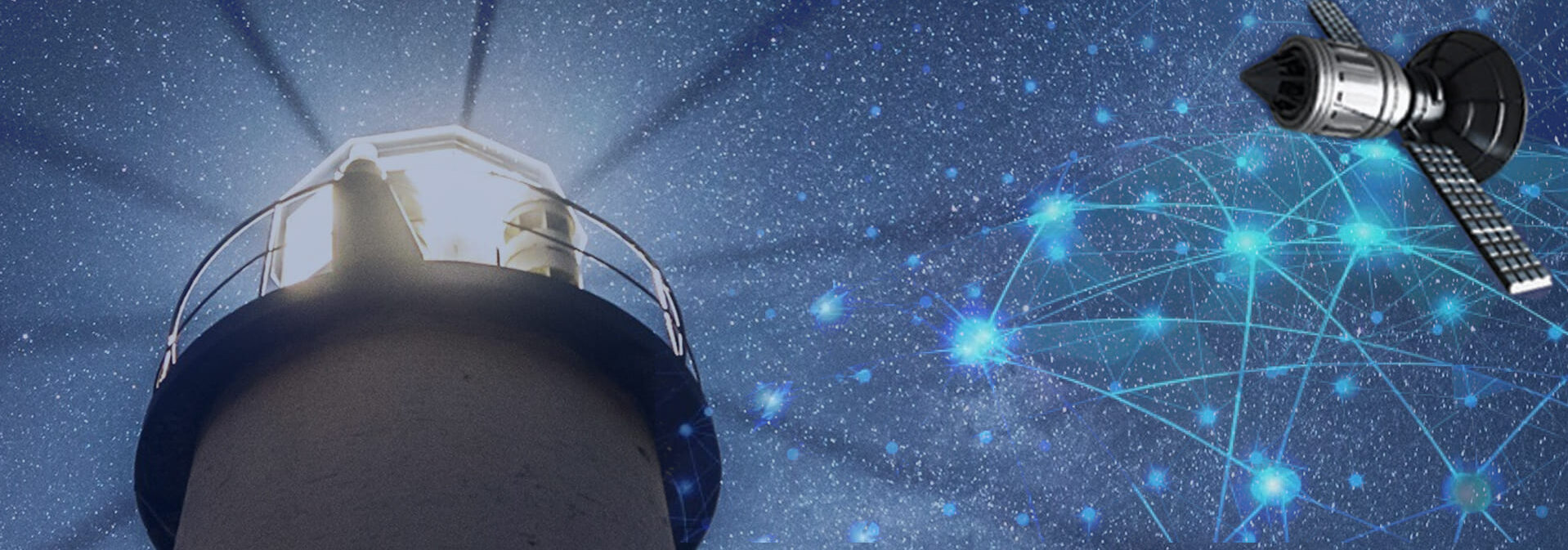| The Impact of Inadequate Maritime Conventions on Implementing Autonomous Ship Technology |
| Ahmad Elnoury, Salah Farag |
| DOI NO. https://doi.org/10.59660/45126 Received 18/7/2022, Revised 4/8/2022, Acceptance 5/10/2022, Available online and Published 1/1/2023 |
Abstract
The paper discusses how the current international maritime conventions presents an obstacle in the path of implementing the new autonomous ship technology. The conventions and regulations that will be emphasized in this paper are SOLAS, STCW, and MLC and how they would create impediments to a positive investment decision. in addition to discouraging ship-owners from adapting this new technology. Putting these findings into consideration, suggestions will be discussed thoroughly that would help overcoming the problems identified.
The main target of this paper is to highlight whether the newly implemented technology will have a positive impact on evolving the sea transportation as well as improving the ship safety. The research depends on descriptive, analytical, and contradictive methodologies.

